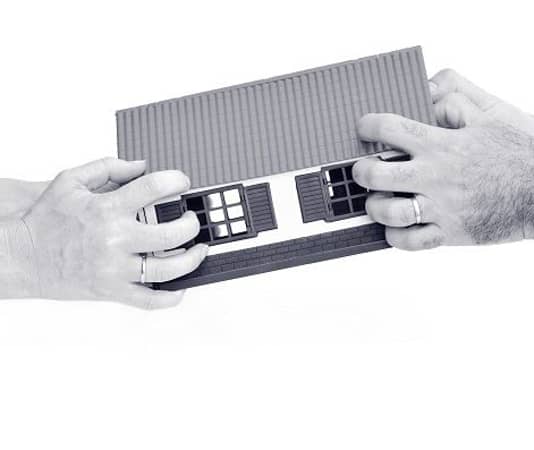Property Division Without Divorce

In today’s society, the form of relationships is changing quickly. While it used to be against societal taboos for people to live together out of wedlock, it is no longer frowned upon or even unusual. People may live together for a lifetime, combine finances, have children together, and plan for the future all without ever formalizing their relationship. New Jersey does not recognize “common law” marriage, which means no matter how long you cohabitate with your partner and hold yourself out as spouses, you will not acquire the benefits and responsibilities extended to married couples. This means that in the event you and your spouse separate, a court will not make an equitable division of property as it would in the event of divorce. Therefore, property division if you have never been married can be complicated. In general, whoever has purchased the asset is the one who is entitled to that asset. If you are purchasing furniture for a home or apartment you share with your partner, you should retain the receipt. In that way, you can prove that you are the one who purchased the furniture. Likewise, if you have decided to contribute to the purchase price of an asset, you should get a written receipt from your partner, and confirm in writing if this payment is intended to confer any rights in the property. Although these formalities seem unnecessary when your relationship is going well, they can be essential when the relationship ends. If, for example, your partner moves out and takes all the furniture you paid for, you can take that person to court to recover the furniture, as you still retain the receipt to prove ownership.
Real estate is more complicated than personal property. In New Jersey, real estate can be titled in three different ways: one person holds the property in his or her name as sole owner, both of you hold it as joint tenants, or both of you hold it as tenants in common. If one person is the sole owner of the property, he or she can make decisions without any input from the other person. This includes selling the property and moving. If the partner not on the title has substantially contributed to the house, he or she may be able to make an equitable claim for reimbursement of expenses, but if your name is not on the Deed to the house, you will be hard pressed to claim any ownership interest. Therefore, it becomes important to have any agreement you may have had about funds you spent on the house and your entitlements to the property in writing. If the parties own the house together, then no law suit is necessary to show that both are entitled to a portion of the home. However, how much of an interest you have in the property could be open to litigation. It is always preferable to have these kinds of arrangements in writing.
If you are facing asset division issues without a marriage, you need an experienced attorney. at (732) 529-6937 and we can talk about your assets and what we can do to help you.



